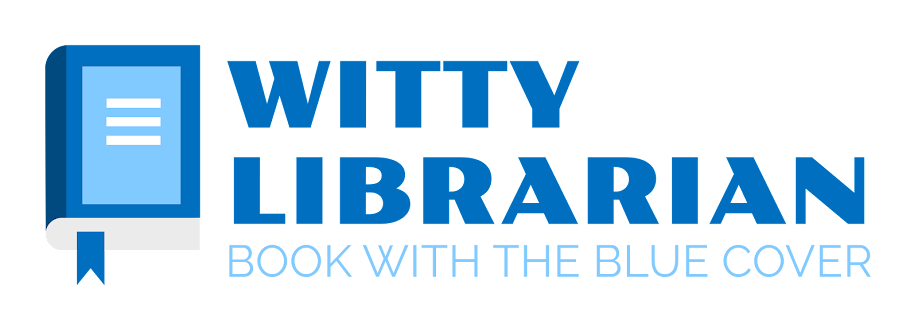So I finally went with getting a short story submitted to an epublish service.
Available on BN.com with their NookBook ereader. "Welcome To Florida."
Yay me.
The process itself with the ereader service is quick. You just go to the retailer's self-publish option (Barnes & Noble is PubIt! and Amazon is Kindle Direct Publishing, for example), you sign up to their
And then you pray that 50,000 people see it and buy it.
The good part of the deal is, there's no hassle to getting published (as long as you don't violate community decency standards or national state secrets). You write it, you format it, you get cover art made, you submit it. In the old days (say, fifteen years ago), getting published meant you had to A) write a rough draft, B) find an agent, C) get the agent to convince a publisher to look at your work out of thousands of submissions, D) get signed to a book deal contingent on good sales, E) go through a massive editing process that takes months, F) go through a printing process that takes a year, G) get marketed to retailer and libraries and hope to God the book reviews are kind.
The old way was limited to about 20 to 30 new authors/books a year per publisher, pretty much. In a competitive market, it was brutal. The advantage to getting signed by a major book publisher, of course, was that it paid well and that the publisher handled all the marketing. The alternative was called self-publishing. You went to a vanity press or started your own press, and got it to crank out copies for you to sell. You got published of course, but the disadvantages were that you A) paid out of your own pocket which most people can't afford, and B) you had to market your own book all by your lonesome: no agent or printer to make the deals or create ads for you.
About ten years ago, a new service popped up. Thanks to the Internet, submissions and marketing could work in other ways. Called Print-On-Demand, you still paid to get published, but it was cheaper (in some cases very cheap) than vanity presses. The services also had fees for marketing services, but they still worked as leads in getting the word out and your book advertised. What made the POD attractive was that the printer could keep the work on file in a professional format and easily print out more copies on short notice. The PODs also had deals with retailers (like Amazon) to have the book available for online or special order. They also began dabbling with ebook formats during the early 2000s, but lacking viable reader devices made that iffy.
Until Amazon came out with the Kindle. And other book retailers followed suit with their ereaders.
The ebooks are everywhere now. They were one of the hot items for last Christmas. Sales for ebooks now outpace books. And the competing devices - the handheld tablets - have apps that convert them into ereaders as well. Getting published straight to ebook is looking very attractive.
You don't even need to publish books. The ereaders are not limited by small file sizes (just big ones, meaning Stephen King and Tom Clancy need to start editing their books down more). The story I submitted to PubIt for the Nook was on my word processor about 10 pages long, and that was with a cover page and Authors page. The file itself was about 14k of memory converted to ebook. Very small.
Publishing a short story is akin to issuing a music single compared to a whole album (in fact, most music until the 1960s were issued as singles only, with albums made as compilations afterward. You could blame the Beatles for insisting on working album first, single second). If you have an iPod or MP3 player, you can buy a song separately from the album. The same can be said for the estory separately from an ebook.
The only real conflict I had with submitting "Welcome To Florida" as a story was the pricing. I can set my own price from lowest to highest. Most ebooks by established authors go for $7.99 to $11.99 perhaps higher depending on file size and author's ego size. Most small-press publishers would get their ebooks at $4.99 to $6.99. New authors or self-publishers tend to price their books however they want... but if they were smart they'd keep it under $5 to entice an audience that's looking for bargain deals. The cheapest you can price an ebook on PubIt happens to be... $.99. Roughly the price of an MP3 song, by the by. I tried asking for a cheaper price than that because A) I'm new and need to attract the audience and B) I figured selling a short short for around $.65 was fair. No, I had to set it at $.99, so I hope any buyers of the story won't feel gypped.
So, the great news is, I got a story published. Didn't have to market it to story magazines or short story anthologies. Didn't have to sign an agent to commission. I published the book and set the price.
But now it's all on me to get the word out. It's all on me to market the damn thing. It's up to me to find at least 50,000 friends and family members with a Nook ereader (or Nook app) to spend the $.99 to buy the short story
Good thing I'm attending a Barnes & Noble Local Authors' event this Feb. 5th 2011 in Wesley Chapel, FL at the Wire Grass Mall. It's from 2:00 pm to 4:00 pm. Please do show.
Also, I need to print up bookmarks advertising it... It's doable...
